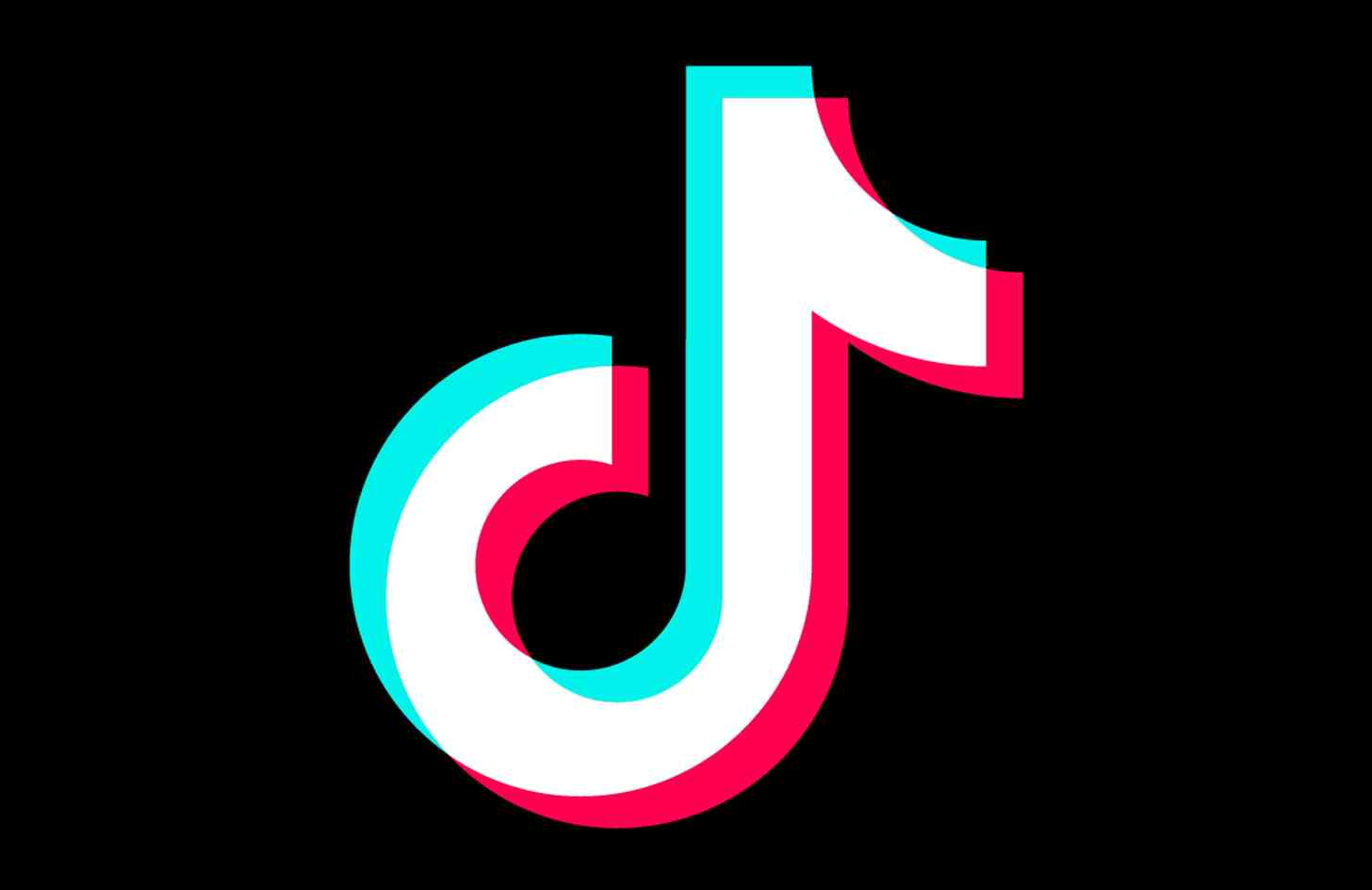
Today was supposed to be the day that TikTok and WeChat would be banned from being downloaded in the US, but the two apps have received last-minute reprieves.
First up, TikTok has confirmed that it has struck a deal with Oracle and Walmart that will address the US government's security concerns. TikTok says that Oracle will be its "trusted cloud and technology provider for fully securing our users' data."
Additionally, both Oracle and Walmart will be part of a TikTok Global pre-IPO financing round where they'll be able to take a 20% cumulative stake in the company. TikTok Global's US headquarters in the US will grow as part of this agreement, adding 25,000 jobs across the country, and TikTok Global will pay more than $5 billion in new tax dollars to the US Treasury.
This deal will see TikTok Global complying with all US laws and privacy regulations. All data from the 100 million US TikTok users will be moved to Oracle's Generation 2 Cloud data centers, which Oracle touts as being "the most secure cloud data centers in the world."
Additionally, four of the five members of TikTok Global's board of directors will be American.
President Trump gave the deal between TikTok, Oracle, and Walmart his blessing this weekend. "I approve the deal in concept," he said, according to Bloomberg. "They're going ot be setting up a very large fund. That's their contribution that I've been asking for."
The US Department of Commerce announced this weekend that it has delayed is action that would ban downloads of TikTok in the US. The ban was originally set to take place today, September 20, but it's now been pushed to September 27 at 11:59 pm.
Meanwhile, a federal judge has blocked Trump's move to ban WeChat in the US. A group called the US WeChat Users Alliance asked for a preliminary injunction to block the ban, saying that it would violate their First Amendment rights as well as the Religious Freedom Restoration Act.
The US WeChat Users Alliance argued in its lawsuit that WeChat "is irreplaceable for its users in the US, particularly in the Chinese-speaking and Chinese-American community." It explains that Chinese-American and Chinese-speaking users in the US rely on WeChat as their primary source of communication and that it also provides content, like the news, as well as integrating Chinese traditions into electronic transactions, like sending gifts of money in "red envelopes".